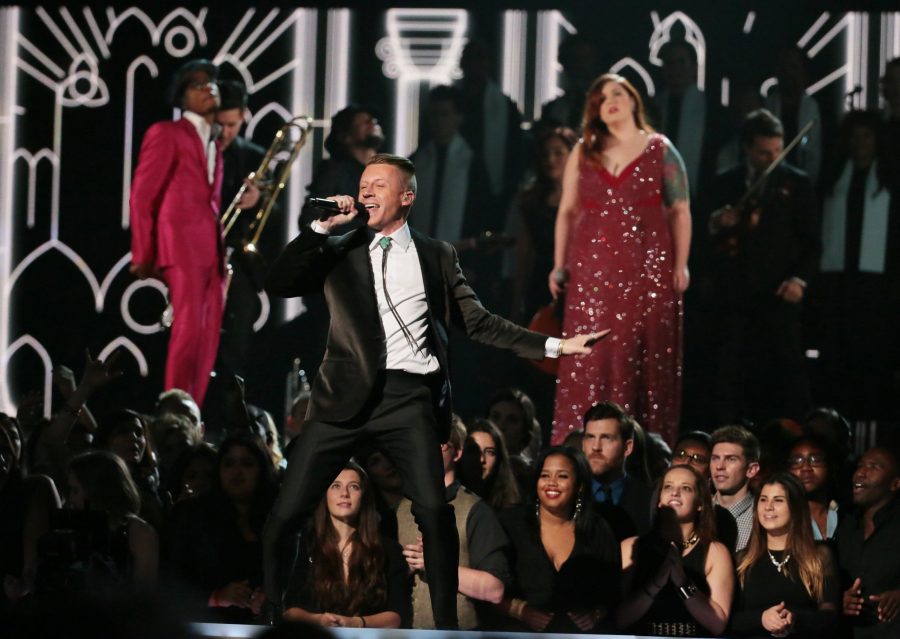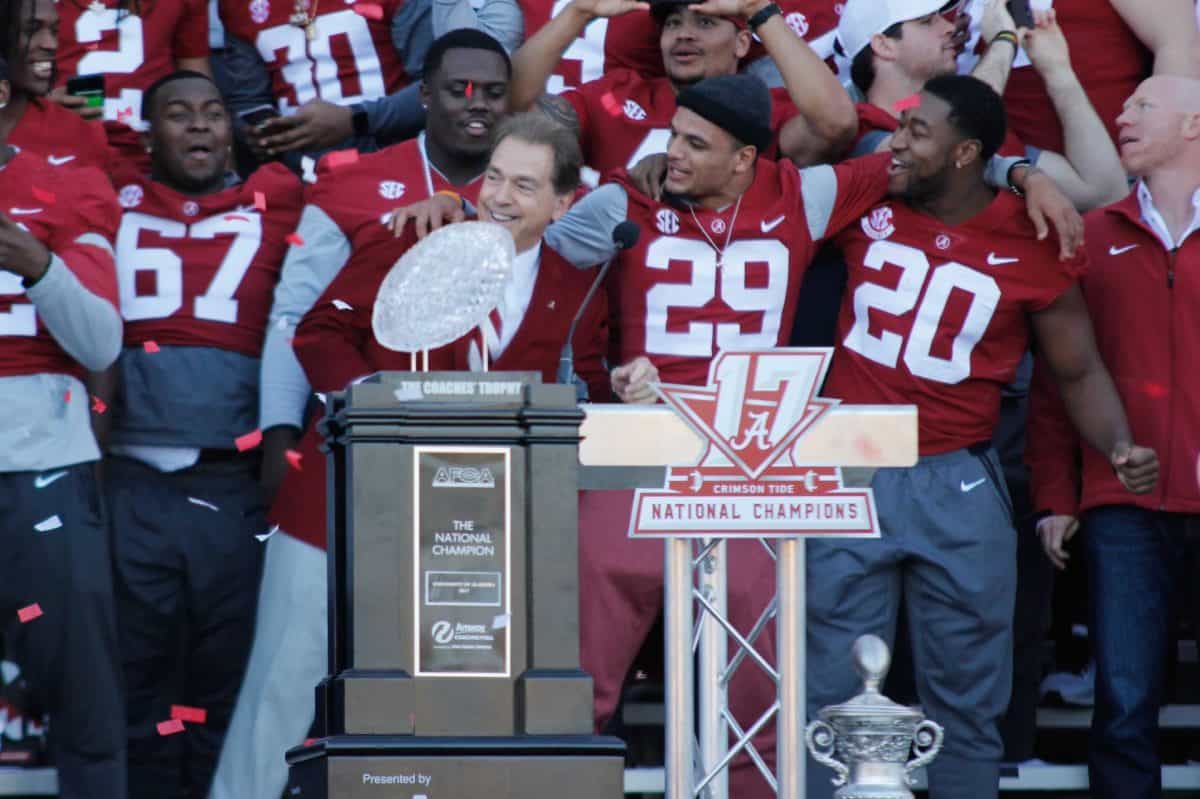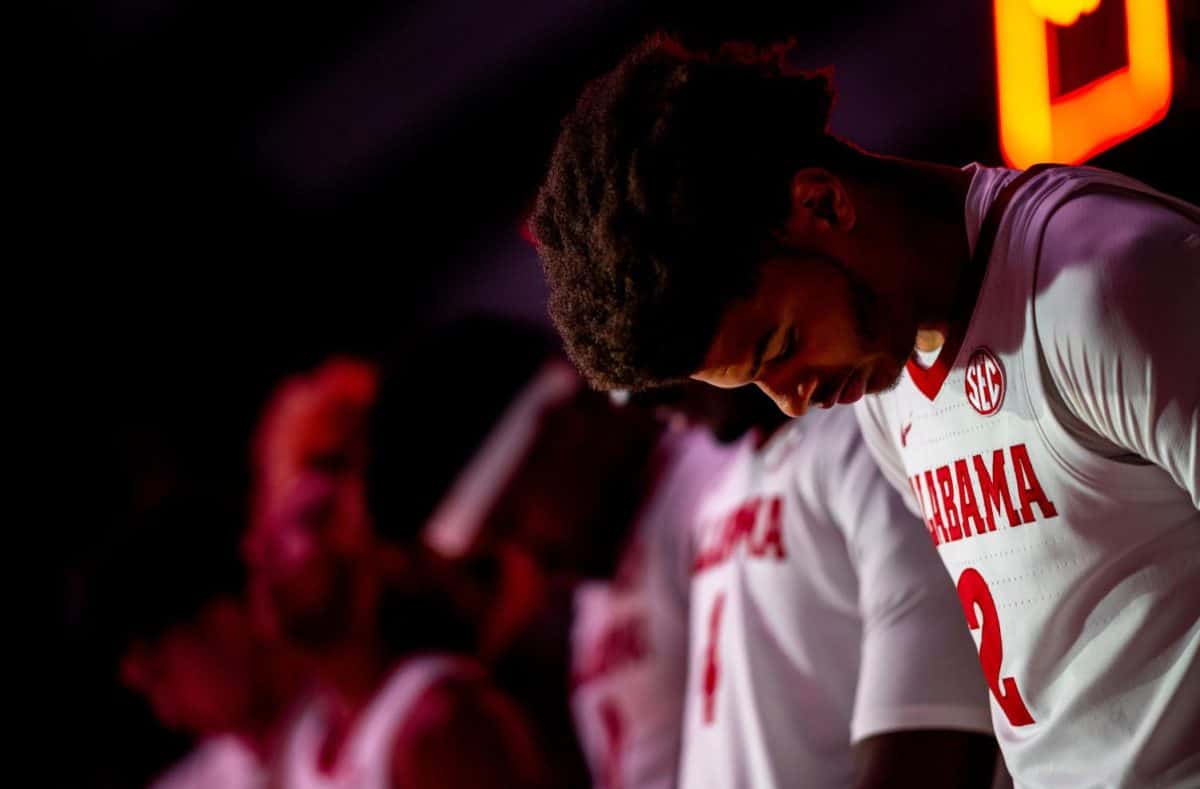“Indie,” short for independent, describes musical artists who instead of aiming to sign with a major, well-known label company, opt to make a name for themselves via the smaller label route, or in some cases, completely on their own, both in hopes of maintaining their individuality and expressing themselves more freely and creatively. Indie is known as its own genre completely, a genre stereotypically comprised of “under the radar” and eclectic-sounding rock/alternative artists.
As of now, this genre is looking less and less unified. There are countless independent artists who have drastically different sounds, who are nowhere near close to being classified as “under the radar.” For example, some current independently produced artists include Bon Iver, My Morning Jacket, Macklemore and Arcade Fire. Interestingly, major music label artists like Sam Smith, Lorde, Lana Del Rey and Passion Pit are now being classified as indie. The lines have become extremely blurred, and, basically, the term “indie,” when applied to music, has lost the meaning it once had.
“So what?” you ask.
Well, it says a lot about today’s listening generation. Listeners seem to be more inclined to appreciate the “different.” People are becoming more open and explorative when it comes to music – that once “weird” music your artsy friend ?listened to isn’t sounding so weird after all. Oxymoron or not, the less mainstream is becoming ?the mainstream.
This fact is being proven more and more true lately, one pivotal moment being the 2012 Grammy’s when self-produced Bon Iver beat out Nicki Minaj, J. Cole, Skrillex and the Band Perry for the Best New Artist title, one of the industry’s highest honors. Following close behind Bon Iver, Macklemore, another self-produced artist, took home the same title in 2014. The genre of “pop” is becoming infused with sounds and artists it has never seen before.
With so many outlets for listening and discovering new music, it is getting harder for great artists to truly be “under the radar.” Artists are no longer solely basing their success on record sales. They’re taking into account YouTube, Spotify and Soundcloud, too.
Musical artists have reached a time where, if they’ve got a great sound, and they’re actively adding music and videos and promoting themselves on the internet, they can make it. We live in a “like” and “share” ?music culture.
Meanwhile, self-proclaimed “indie” listeners are getting discouraged watching an artist, whom they consider their own, blow up. This “secret,” “underrated” genre they once knew is morphing and dissolving, and instead of embracing it, fans are turning their backs. Once a band reaches a certain level of success, they’ve ?become – gulp – “mainstream.”
Witnessing one of your favorite band’s fan-base shift from people who are listening out of appreciation to people who are listening because it’s a fad may be frustrating, but at least you can be encouraged about the direction music is headed, and you can be happy for these people who are finally being exposed to music that doesn’t sound like everything else.
For example, St. Paul & The Broken Bones, a Birmingham soul band, almost overnight, has become nationally acclaimed. The fact they are doing so well is tremendously encouraging. To be a band that isn’t signed with a major record label, formed two years ago, impulsively almost, sounds like it just stepped out of the 1950s, and is where they are now, would be unheard of 10 years ago. And I think they deserve to have their original fans behind them the whole way, no matter how “mainstream” they become.
So before you say you’re an “indie” music fan, you may want to try rephrasing that. It may be better just to describe the artist’s sound. Unless you’re using “indie” to explain how the artist is independently produced, indie has ceased to be a genre. Embrace the direction this music generation is headed, and continue to support your favorite smaller bands, even if they end up being not so small after all.







